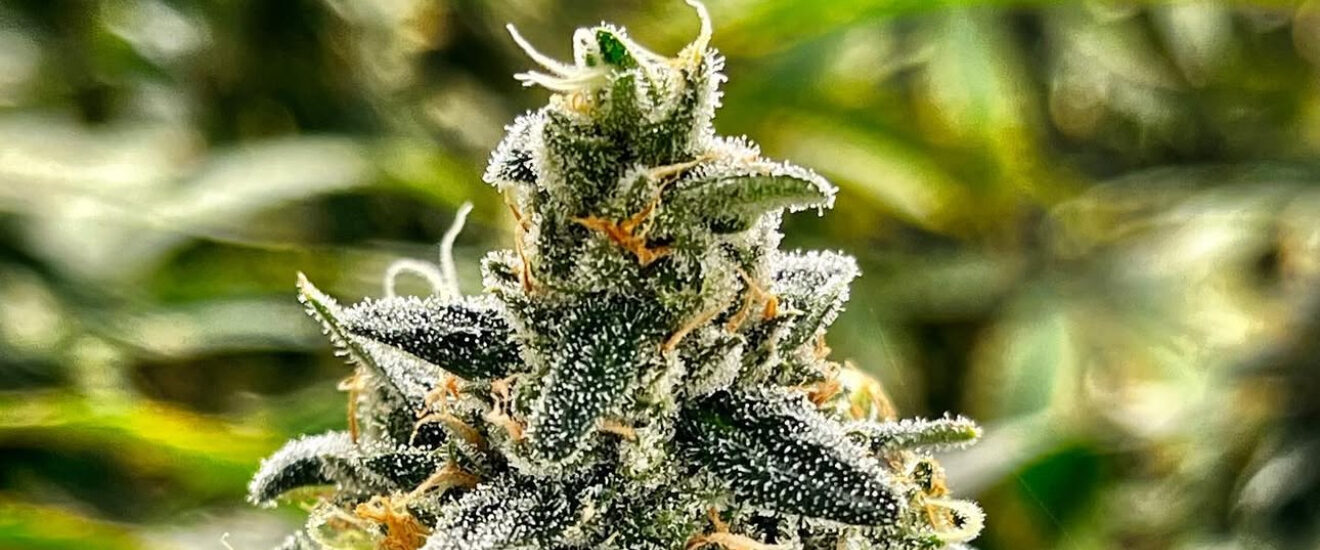The Controlling Curse of Cannabis Commerce
An Oklahoma Perspective
By James Bridges
Imagine you walk into a family-owned dispensary in Oklahoma, hoping to support local business and indulge in products that promise both quality and legality. Instead, you find the shelves half-empty and prices soaring on products that could now be considered “sub-par” when held against any similar products as recent as 6-months prior. Well I continue to experience this and I’m not happy.
This is clearly a direct consequence of the state's abrupt regulatory shifts from lax to stringent. The mom-and-pop shop now grapples with keeping its doors open while staying on the right side of an increasingly convoluted law. This is not just a story of cannabis, it's a story of the erosion of local entrepreneurship and the personal integrity that once defined it.
In Oklahoma, the swift change from minimal regulations to a tightly controlled cannabis market epitomizes the “controlling curse of cannabis commerce.” This shift is a social dilemma that blurs the lines between the legal and black markets, forcing even the most honest business owners into a corner. Urgent reform is needed not just for the sustainability of the cannabis industry but for the preservation of community values and quality of life.
Oklahoma initially boasted as one of the most open cannabis markets in the nation, welcoming entrepreneurs with minimal startup costs and few restrictions. This open-door policy led to a boom in business but also an unforeseen by most and in the face of some, consequences such as market oversaturation and variable product quality. Recently, the state has reacted by swinging the regulatory pendulum toward more stringent controls, including higher fees, more rigorous product tracking, and tighter licensing criteria, and the regulatory train whistle keeps blowing strong. This is most certainly a move that has rattled the foundation of many small businesses here in Oklahoma.
The sharp pivot in regulation has placed an undue burden on small cannabis business owners who entered the market under a different set of rules. These individuals, many of whom were attracted to the cannabis industry by its promise of low barriers to entry and high potential for community engagement, now find themselves navigating through a thicket of red tape. The result is showing itself as not only an economic strain but also a damaging blow to their ability to maintain honest, quality-focused operations amid growing pressures from all fronts. Some are asking, “Would you burn and destroy your entire life savings without looking for a way to cash out?”
This regulatory whiplash disrupts not just commerce but the social contract between the state and its entrepreneurs. Business owners who once prided themselves on transparency and integrity are increasingly forced to make hard choices about how to sustain their operations while adhering to the spirit of the law, which seems ever-changing and increasingly punitive and virtually ever-evolving as we course through this green splash.
Resistance to more liberal cannabis laws in Oklahoma comes from various corners of our state and those that seem to carry the largest pitchfork. From conservative lawmakers to community leaders touting concerns about public health, and even, you guessed it, large-scale operators who benefit from higher barriers that squeeze out smaller competitors. These groups, often motivated by a mix of ideological beliefs and economic interests, wield substantial influence over policy and the direction it goes. The old saying “follow the money”, comes to mind as I ponder in hindsight. .
The influence of these opposition groups has manifested in the tightening of regulations. Many are allegedly aimed at controlling the market with a potential of hindering positive community impact. The crackdown complicates compliance for honest businesses and inadvertently encourages operations to look into the shadows. This is where they will find a black market that in essence thrives rarely “burdened” by legal and bureaucratic constraints.
The balance has been broken and the cannabis sector must look to the future to reset its stability. The shift toward stringent regulations has created a paradox where the legal market is both more controlled and less accessible, reducing tax revenue and job creation opportunities, which were the very benefits that legalization promised. Small businesses, in particular, feel the crunch, struggling with decreased profitability as operational costs continue to climb.

Oklahoma needs regulatory reform that recognizes the nuances of the cannabis market. Simplifying licensing processes, establishing fair tax structures that do not favor the black market, and enhancing support for small businesses through state-sponsored programs and incentives could be a few ways begin. However, the web has been woven and continues to spread and resistance to reform is inevitable. Particularly and especially from those who benefit from the status quo or fear change or even invoke the fear to stop the change.
Engaging all stakeholders in transparent discussions about the future of cannabis in Oklahoma could facilitate more informed and inclusive policy-making. The green wave has not and will not be stopped. However, as in most uncharted waters, sharks reside. And they come in many forms.

